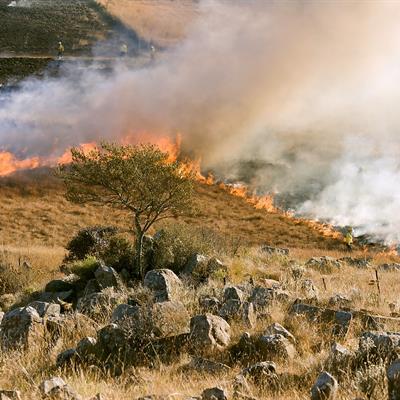
Registration Closed!
Climate Change and Cultural Resources
When: March 21, 2019 2:00-3:00 PM ET
Duration: 1 hour
Certification: RPA-certified
Pricing
Individual Registration: Free to SAA members; not available to non-members
Group Registration:
Anne Jensen is Senior Scientist of the Barrow, Alaska Native village corporation's subsidiary, UIC Science, LLC. She has appointments as Affiliate Research Assistant Professor in the Department of Anthropology and as Research Affiliate at the Museum of the North, both at University of Alaska Fairbanks, as well as a Research Associate in the Department of Anthropology at Bryn Mawr College. She currently serves as Chair of the Society for American Archaeology’s Committee on Climate Change Strategies and Archaeological Response (CCSAR). She has spent 35 years doing archaeological and ethnographic research at sites throughout Alaska. This includes serving as Principal Investigator for projects at Pingusugruk, Ukkuqsi, Ipiutaq, Nuvuk and Walakpa, all of which are significant eroding coastal sites on the North Slope.
Dr. Jensen has published on various aspects of coastal North Alaska archaeology as well as Cultural Resource Management in Bush Alaska, the material correlates of indigenous and western science traditions, resource use, evidence for climate change in North Alaska, and zooarchaeology. She is currently the PI on the Walakpa Archaeological Salvage Project, which is carrying out excavation of a rapidly eroding major Birnirk/Thule habitation site at Walakpa, Alaska, salvaging important ecological and cultural information, and documenting oral history of the site’s more recent use.
The course will provide an introduction to the effects climate change is having on various site types around the world, their implications for the future of archaeology and the archaeological resource, and ways to respond. Sea level rise, coastal erosion, droughts, floods, hydrological changes leading to drying of soils, increased frequency and intensity of forest fires, changes in vegetation, and permafrost thawing are among the climate-driven forces affecting archaeological sites. In most cases, the effects are negative. Whether you currently work where these effects are already occurring or not, a basic understanding of climate change issues as they pertain to archaeological resources is important. Equally important is to consider what archaeological research might contribute to increasing resilience and adaptation through lessons learned from the past.
- Develop an awareness of the types of impacts climate change is having on archaeological sites today and will have in the future;
- Recognize implications of these impacts for specific resources and for archaeological practice in general;
- Learn about existing initiatives to address these impacts at various levels;
- Consider of what archaeological research can contribute to adaptation and resiliency on local and societal scales.


